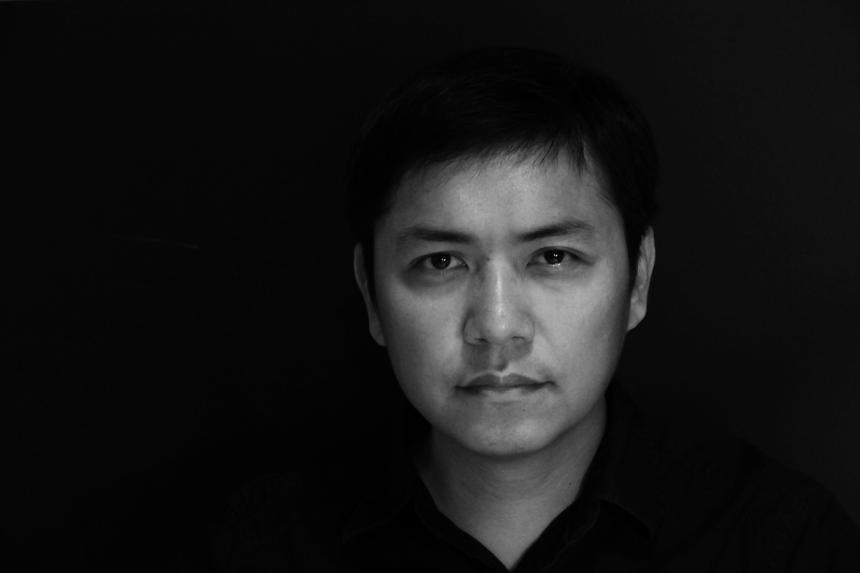The Stolen Bicycle
Wu Ming-Yi
Translated by Darryl Sterk
A writer embarks on an epic quest in search of his missing father’s stolen bicycle and soon finds himself caught up in the strangely intertwined stories of Lin Wang, the oldest elephant who ever lived, the soldiers who fought in the jungles of South-East Asia during the Second World War and the secret worlds of the butterfly handicraft makers and antique bicycle fanatics of Taiwan.
The Stolen Bicycle is both a majestic historical novel and a profound, startlingly intimate meditation on memory, family and home.
INTERVIEWS
Australia Plus (Chinese version)
Lindsay Online
Radio National, Drawing Room
Radio NZ, Nine to Noon
REVIEWS
Word by Word blog
Dolce Bellezza blog
MISCELLANIA
China Post News: Ministy of Culture promoting Taiwanese literature worldwide
The Stolen Bicycle with Reading Group Choices
andThe Stolen Bicycle
‘A work of astonishing energy, in which Wu beautifully touches on loss, life and death, fate and destiny, establishing emotional connections between memory and objects, and between the natural world and war…a novel that provides comfort and reconciliation from a wounded past.’
‘The novel, inspired by his love for bicycles and Taiwanese history, brings readers back to a simpler time when life moved more slowly and people spent more time face-to-face with friends and neighbors. Riding a bike allowed people to appreciate and digest the details of the world around them.’
‘A profoundly moving novel, such is the power of words and depth of feeling by Taiwanese author Wu Ming-Yi…He turns events into linguistic gold with his poetic, dreamlike language.’
‘A visionary ride through flame-scorched lands and machine-clutching trees and metamorphoses into metal and earth…“World is crazier and more of it than we think,/Incorrigibly plural”, Louis MacNeice wrote…Multiply that by 10 or so and you get some sense of Wu’s astonishing, often-affecting kaleidoscope.’
‘Unusual insights and vividly observed detail abound in this witty and sensitive story.’
‘The authors uses conversation, flashbacks of memory, war diaries, memoir and voice recordings to create a network of literary tributaries in bringing together this ambitious, far-reaching narrative that touches so many unique aspects of Taiwan’s history, culture, development and influences.‘
‘An entrancing, multi-faceted elegy…[Ming-Yi writes with] a poet’s approach…Full of painful, wonderful beauty.’
‘This is a very strange novel, and a very beautiful one…Over and above all else, this book is poetic.’





